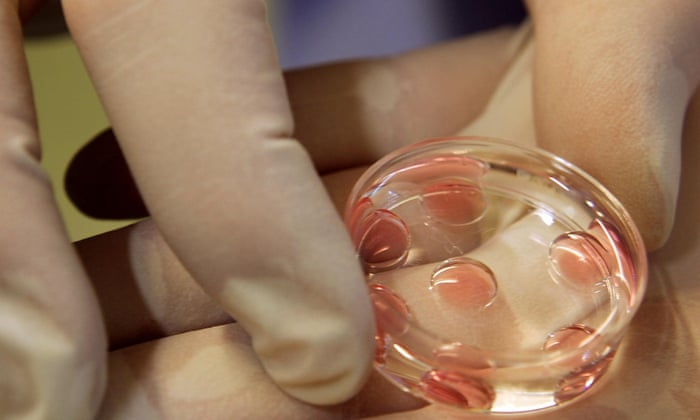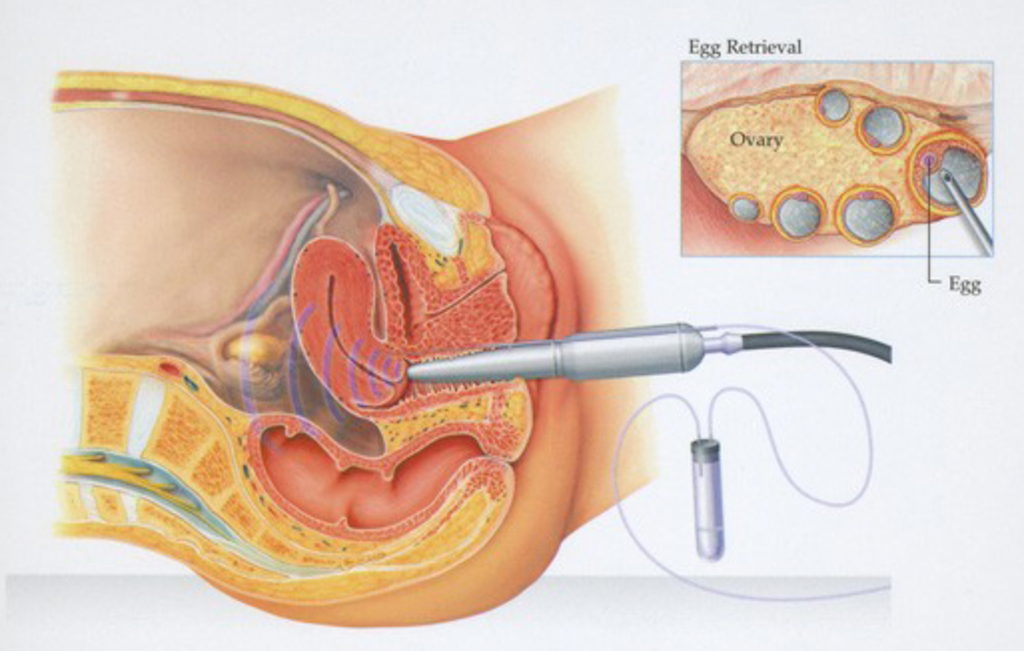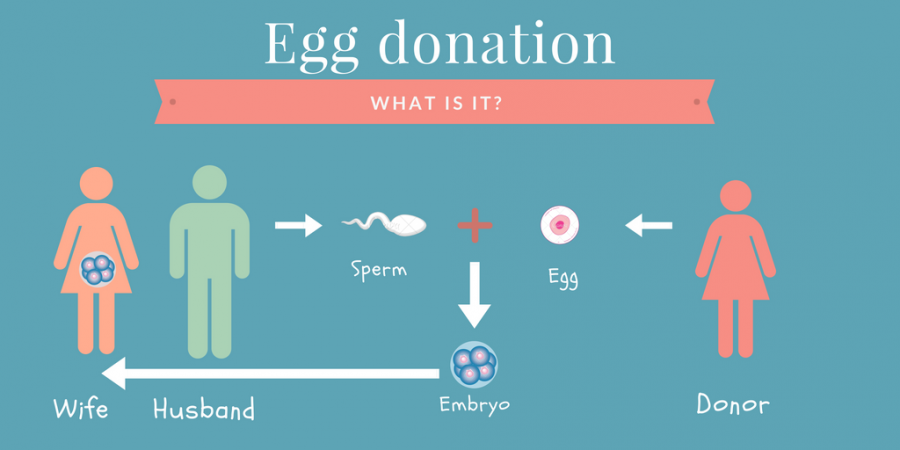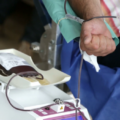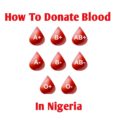Egg donation is the process by which a woman, who is usually younger, provides eggs (ova, oocytes) to another person and/or partner for purposes of assisted reproduction so that the recipient of the eggs can have a baby with a partner or using donor sperm. In Nigeria, Oladapo Ashiru pioneered the IVF program in 1984 and his team successfully delivered the first IVF baby in 1986.
With egg donation as an infertility treatment, thousands of couples have become parents with assistance. A couple may choose to know the identity of the woman donating the eggs, and vice versa, or the parties may choose to remain anonymous. Occasionally, a woman will have a younger sister, niece or friend donate eggs for them to use.
Egg donor IVF is a fertility treatment option for those who can’t use their own eggs, for whatever reason. Especially when using a screened egg donor (as opposed to a family member or friend), the success rates for egg donor IVF are good—higher than the average IVF success rates for couples not using a donor.
While egg donor IVF means the intended mother will not be genetically related to her child, the intended father will be, unless a sperm donor is also being used. This makes it more attractive of an idea than embryo donor IVF. With an embryo donor, neither intended parent would be genetically related to the child.
When Egg Donor IVF Is Needed
In conventional IVF treatment, the woman takes fertility drugs to stimulate egg production in her ovaries. Once the eggs reach maturity, they are retrieved via an ultrasound-guided needle. The retrieved eggs are placed in a petri dish with sperm cells, and hopefully, some eggs are fertilized. The resulting embryos can then either be transferred to the mother’s uterus, transferred to a gestational carrier’s uterus, or frozen for a later cycle.
But what if the intended mother’s ovaries aren’t producing enough eggs for regular IVF? Or what if the intended mother’s ovaries are completely absent? What if a gay male couple wants to have a child? Then egg donor IVF may be recommended. Here are some situations in which egg donor IVF may be required or recommended.
- Age-related infertility (most often for women age 40 or older)
- A single male with a gestational carrier
- Gay male couple having a child with a gestational carrier
- Genetic disease risk on female partner’s side
- Low ovarian reserves (indicated by very high FSH levels or a low antral follicle count)
- Primary ovarian insufficiency (also known as premature ovarian failure)
- Post-cancer treatment (if the ovaries or eggs were damaged or removed)
- Repeated canceled IVF treatment due to poor or low ovarian response
- Unexplained repeated IVF failure
- A woman born without her ovaries due to a congenital anomaly
What is the Egg Donation Process?
The fertility egg donation process involves retrieving eggs from a woman who has normally functioning ovaries. Following egg retrieval, the eggs are fertilized in the in vitro fertilization (IVF) lab using sperm from the receiving couple’s partner, or in certain situations with donor sperm. Following fertilization in the laboratory and the growth of the embryos for either 3 or 5 days, the resulting embryos are transferred to the uterus of the woman who wishes to carry the baby. If a pregnancy is established, the receiving woman becomes the mother carrying the developing baby through the full term of the pregnancy and childbirth – with all the joys of experience that this affords. Both the donor and the recipient couples to be are aware of the psychological, moral, and legal implications of egg donation and ensure that they are also adequately counseled and screened.
Selection criteria for egg donors in Nigeria
According to Nordica Lagos, an egg donor may be or may not be known to the recipient couples, the criteria involved include; Healthy, between the ages of 21 and 27 years with no known history of mental disorders, and no family history of genetic or inheritable diseases.
Screening also includes HIV, Hepatitis B, and C and Syphilis, Genetic diseases like sickle cell, blood group, and Rhesus status. Physical characteristics are also taken into consideration. The donated eggs are fertilized with sperm from the recipient’s partner.
Following fertilization, the embryos are then transferred into the uterus of the recipient. Alternatively, the option of freezing and quarantining embryos derived from donor egg for six months, with the use of the embryos after retesting the donor may be considered. When this is chosen the possibility of a lower success rate should be discussed with the couple. The donor undergoes a similar stimulation protocol for an IVF cycle with egg collection performed vaginally.
How much are egg donors paid in Nigeria?
Compensation can vary quite a bit, depending on where you donate your eggs. Usually, egg donors in the US are paid between $5000 and $10,000 per cycle. In Nigeria, IVF centers pay between =N= 50,000 – 500, 000 naira per cycle depending on the state and location of the hospital.
SEE: List of In Vitro Fertilization (IVF) Centers In Nigeria

